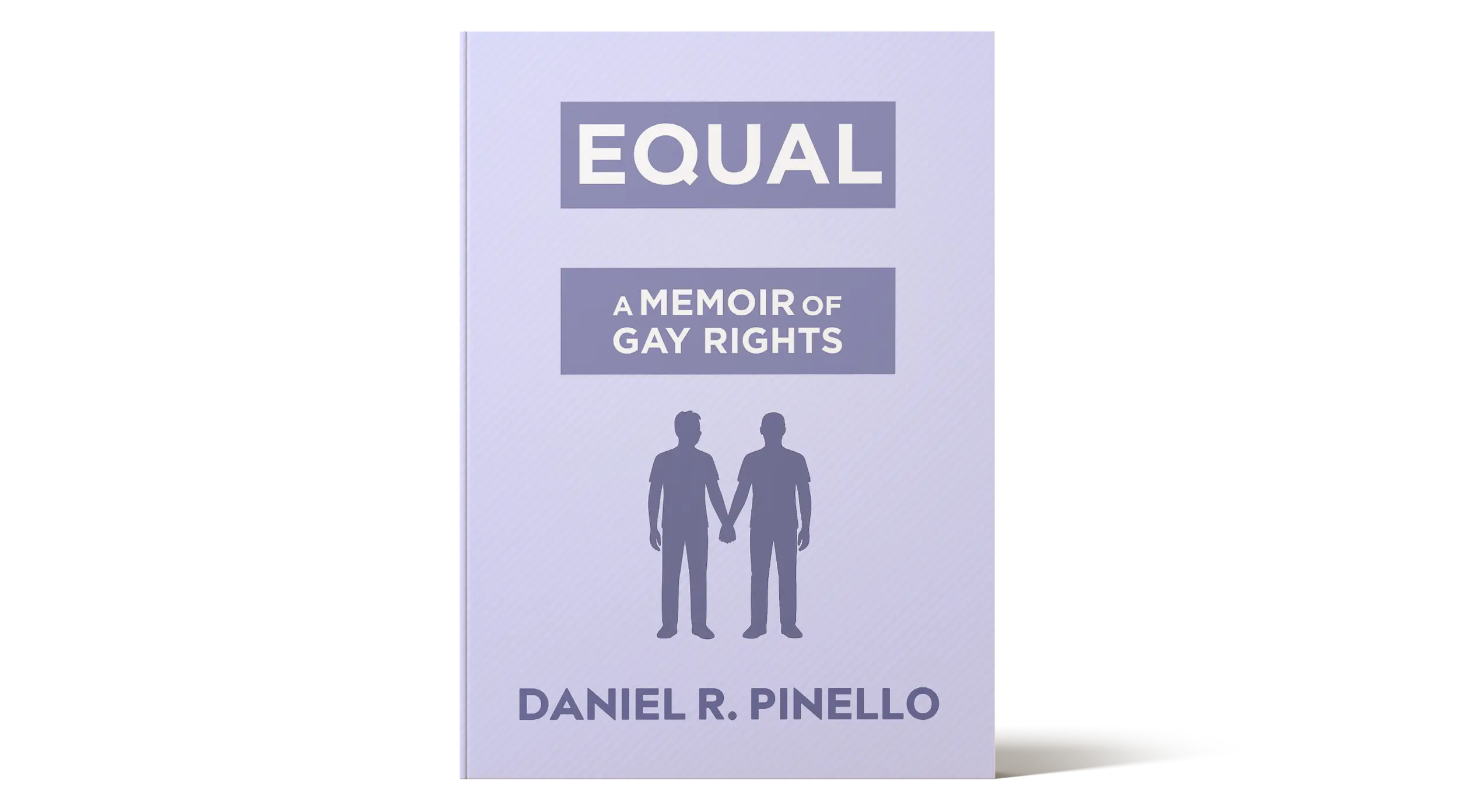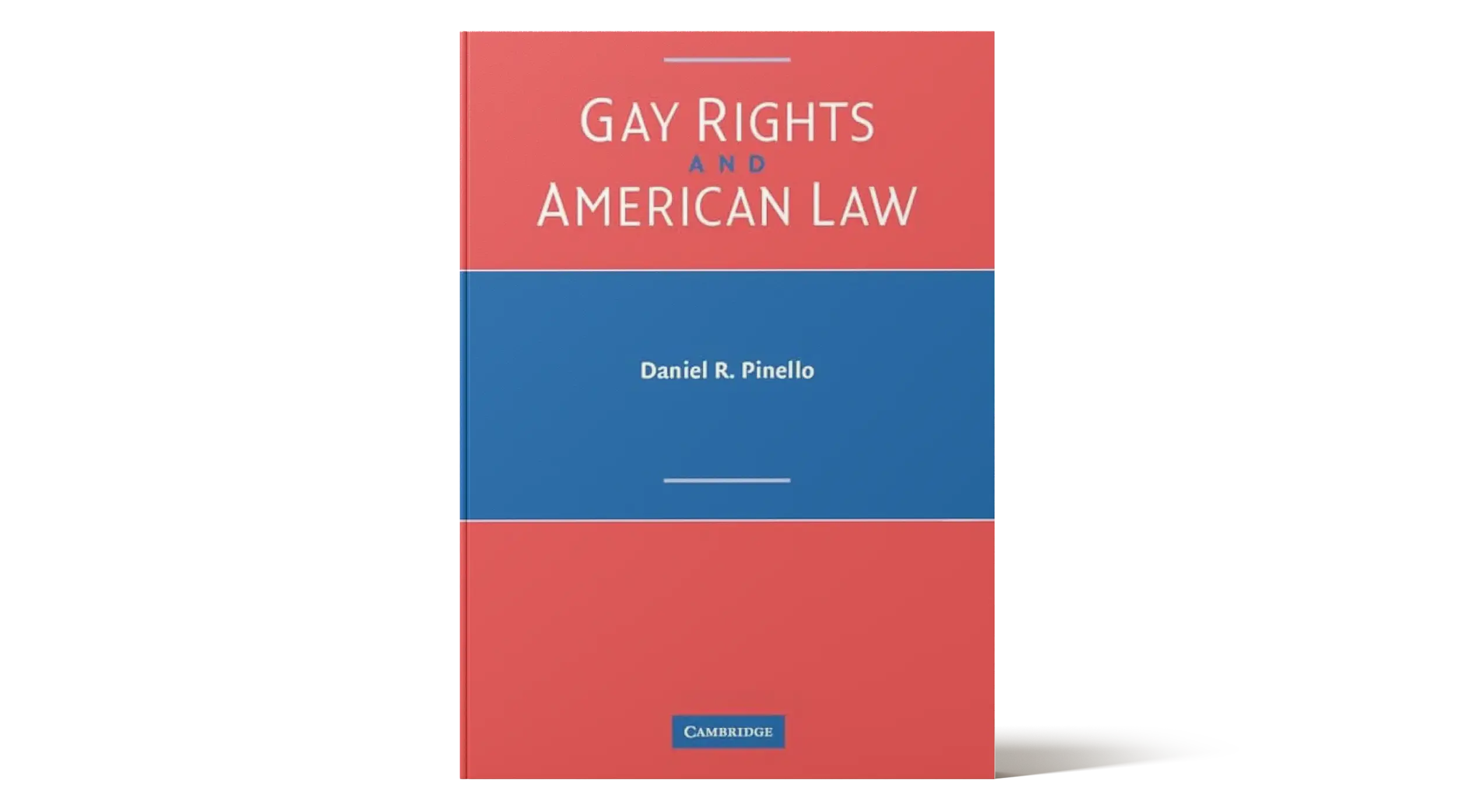Collins v. Faith School District
South Dakota Supreme Court
1998 SD 17, 574 N.W.2d 889
February 25, 1998
AMUNDSON, Justice.
Richard Collins’ contract with Faith School District was terminated on the basis of incompetency after he held a question and answer session with elementary school boys who had just seen a sex education video. In response to a question as to how two men could have sex, Collins described oral and anal sex to the boys. The school board’s decision to terminate Collins’ employment was upheld by the circuit court. We reverse and remand for reinstatement of Collins’ employment and a determination of appropriate back pay.
FACTS
Richard Collins was employed by the Faith School District for twenty- nine years prior to his termination. During most of those years he was a fifth-grade teacher. Although he was being reassigned to teach the fourth- grade class during the 1995-96 school year, Collins had a valid contract and was entitled to the protections of South Dakota’s continuing contract law.
The Faith School Board (Board) had not established any formal sex education curriculum for its elementary school students. However, Board had made it a practice to contract with the community health nurse to provide sex education for elementary students for approximately fifteen years prior to 1995. The makeup of this program was basically set by the community health nurse without any prescreening by Board or administration.
A video chosen by the community health nurse covering the topics of puberty, maturation, and reproduction was shown to fourth, fifth, and sixth grade boys on April 24, 1995. This was the first time this particular video had been used by the nurse and this was the first time fourth grade students were included in the program. At the end of the video, the nurse went through a worksheet with the boys, addressing such topics as circumcision, nocturnal emissions, and semen. An opportunity for the boys to ask the nurse questions was then provided, but none were asked. The school nurse attributed this to the fact she was a woman and the boys were not comfortable discussing the subject with her.
As in past years, following the sex education presentation, the boys then went to Collins’ classroom for a question and answer session. Before starting the session, Collins excused one student from the room because the student’s parents did not wish to have the child involved in the sex education program. Collins then proceeded to ask if the boys had any questions. Collins undertook this duty because he had been asked by a previous health nurse to solicit questions after sex education programs from the boys because the female nurse realized that the boys would be uncomfortable asking her questions. Collins was instructed to answer the boys’ questions as honestly as possible and he continued to carry out what had been an established practice for fifteen years. Questions were raised by the boys about circumcision, masturbation, nocturnal emissions and other topics from the film and worksheet. During the session, one of the boys also related that he had heard that two men could have sex and asked how this was possible. Collins preceded his explanation with the disclaimers that this type of conduct is frowned upon, most people do not believe in it, and the boys would find it gross. Collins then described oral and anal sexual intercourse in explicit language.
On April 25, 1995, complaints from parents were received by the superintendent which were critical of what the grade school boys had heard from Collins during school the previous day. In essence, the complaining parents were concerned about the effect Collins’ answer to the question about homosexual intercourse would have on the boys. An informal meeting was conducted, involving one boy’s parents, the superintendent, the principal, and Collins. At the conclusion of the meeting, Collins was advised by the superintendent that the matter was not resolved. Later that day, the superintendent took the matter to Board. Board directed the superintendent to send notice to Collins that a termination hearing would be scheduled before Board to consider his dismissal.
A notice of hearing and charges was provided to Collins on April 28, 1995, which referenced the parental complaint as well as warnings by Collins’ evaluators in regard to lesson plans, instruction, maintenance of records and personal hygiene since 1985 that could be relevant as to his competence. On May 17, 1995, the hearing was held before Board, at which time witnesses and evidence were presented.
Although the notice of hearing had made vague references to issues other than the parental complaints, the only evidence Board heard pertained to the question and answer session and Collins’ inappropriate response. Debbie and Newton Brown were the only complaining parents to testify at the hearing. Debbie Brown testified that she felt that homosexuality was “very immoral” and both parents were bothered by the reference to homosexual activity by Collins. Although the parents felt that they should be the ones presenting the information on these subjects to their kids, neither had seen the video or worksheet before they were shown to the boys, nor had they opted to remove their son from the presentation.
The high school principal testified that it was inappropriate and immoral for a teacher to discuss homosexual activities with fourth and fifth grade boys. However, she indicated that she did not have any evidence that the children had been harmed in any way by the activity. She also testified that there had been no increased absenteeism or discipline problems of any kind. Nor were there any complaints from the children about feeling uncomfortable around Collins.
The superintendent testified without elaboration that the incident adversely affected Collins’ ability to perform his teaching duties. However, the superintendent also testified that there was no evidence of any adverse impact on the students. In fact, the superintendent had not even been in Collins’ classroom since the question and answer session to monitor for problems that may have developed because of the incident. Furthermore, he acknowledged that he had no evidence whatsoever that the children had lost confidence in Collins as a teacher and agreed that they evidently had some level of trust in Collins or they would not have been comfortable in asking the questions of him in the first place. The superintendent also indicated that he had no reason to question Collins’ character.
At the conclusion of the hearing, Board voted to terminate Collins’ contract on the basis of incompetency. The circuit court upheld this action. Appeal was brought seeking review of the trial court’s affirmance of Board’s decision to terminate Collins.
Collins raises the following issues:
I. Whether he received due process.
II. Whether the Faith School District had just cause for his dismissal and whether the dismissal was an abuse of discretion.
STANDARD OF REVIEW
SDCL 13-46-1 allows an aggrieved teacher an appeal to the circuit court for review of a school board’s decision. See Riter v. Woonsocket, 504 N.W.2d 572, 574 (S.D.1993) (citing Jager v. Ramona Bd. of Educ., 444 N.W.2d 21, 25 (S.D.1989); Moran v. Rapid City Area Sch. Dist., 281 N.W.2d 595, 598 (S.D.1979)). SDCL 13-46-6 provides that the school board’s decision is reviewed de novo by the circuit court. Sutera v. Sully Buttes School Dist., 1997 SD 27, 561 N.W.2d 20, 23. The limited review of school board decisions is well established:
[T]he circuit court’s review is not a trial de novo in the ordinary sense of the phrase. Tschetter v. Doland Bd. of Educ., 302 N.W.2d 43, 45 (S.D.1981). School boards are creatures of the legislature and the judiciary may not interfere with their decisions unless the decision is made contrary to law. Moran v. Rapid City Area School Dist., 281 N.W.2d 595, 598 (S.D.1979). Therefore, “[a]s long as the school board is legitimately and legally exercising its administrative powers, the courts may not interfere with nor supplant the school board’s decision making process.” Sutera v. Sully Buttes Bd. of Educ., 351 N.W.2d 457, 458-59 (S.D.1984). Only the legality of the decision, not the propriety of the decision, may be reviewed by the courts. Moran, supra.
The legality of a school board’s decision is determined by a two-prong review. First, the procedural regularity of the decision is reviewed. This review includes whether the school board was vested with the authority to act and whether all procedural requirements required by law were followed. Second, the school board’s decision is reviewed to determine whether the decision was arbitrary, capricious or an abuse of discretion. Tschetter, supra. The circuit court may reverse or modify the school board’s decision only “if substantial rights of appellant have been prejudiced because the board’s findings, inferences, conclusions, or decisions are clearly erroneous in light of the entire evidence in the record, or are arbitrary or capricious or characterized by abuse of discretion or clearly unwarranted exercise of discretion.”
Under the clearly erroneous standard, the question is not whether the court would have made the same decision, but whether, after a review of the entire record, the court is left with a definite and firm conviction a mistake was committed. Strain v. Rapid City School Bd., 447 N.W.2d 332, 338 (S.D.1989). Our scope of review of the facts is ordinarily the same as that of the circuit court. There is no presumption that the circuit court’s decision is correct. Moran, supra.
Finding no reversible error as to the procedural aspects of Board’s decision, and because of our disposition of the case on issue two, we address the second prong of our review of the legality of the Board’s decision to terminate Collins.
DECISION
Arbitrariness of Dismissal on the Basis of Incompetency
Ignoring twenty-nine years of faithful service, the Board terminated Collins’ teaching contract on the basis that he was incompetent. This determination rested purely on his indiscreet answer with regard to homosexual activity–a subject which invariably invokes intense debate and undoubtedly stirred emotions in this case.
It is undisputed that there is no evidence that the conduct of Collins complained of by Board violated any directive, regulation, rule, or order given to him by any administrator or Board. In fact, the evidence showed that the administration had abdicated total control over the sex education program to the health nurse. Neither the superintendent nor the Board took any steps to personally plan the program or place any limits on it. It is also undisputed that Collins had been asked by the previous health nurse to answer questions after sex education videos in the past, and had done so for the past fifteen years without incident. Even so, the Board terminated Collins’ employment on the basis of incompetence for one moment of poor judgment.
“Incompetence” has been previously described by this court as “a relative term meaning lack of ability or fitness to discharge a required duty.” Hartpence v. Youth Forestry Camp, 325 N.W.2d 292, 296 (S.D.1982) (quoting Black’s Law Dictionary 688 (5thEd. 1979)). Other courts have made it clear, however, that incompetence “does not invoke subjective analysis of standards of morality or professionalism which vary from individual to individual dependent on time, circumstances or custom.” Belcourt v. Fort Totten Pub. School Dist., 454 N.W.2d 703, 708 (N.D.1990) (quoting Perez v. Commission on Professional Competence, 149 Cal.App.3d 1167 (1983)); but cf. SDCL 13-43-6.1 and its predecessor 13-43-15 (including “gross immorality,” in addition to “incompetence,” as grounds for dismissal of a teacher).
In Hartpence, the Career Services Commission (Commission) had affirmed the dismissal of Hartpence from his position as a youth supervisor after Hartpence had fallen and was rendered unconscious while leading a mountain climb with kids from the Youth Forestry Camp. We cited with approval cases that “point to incompetence [as] arising from a course of conduct or a series of incidents” (citing Tichenor v. Orleans Parish Sch. Bd., 144 So.2d 603 (La.App.1962) (teacher fired for incompetence based upon six incidents); Berkan v. State Bd. of Personnel, 61 Wis.2d 644 (1974) (state employee terminated for gross misconduct based upon thirteen charges)); see also Collins v. Iowa Liquor Control Comm’n, 252 Iowa 1359 (1961) (holding incompetence arises from habitual failure). In agreeing that incompetence generally arises from habitual failure, we quoted the following from Collins: “[A] person who habitually fails to perform his work with the degree of skill or accuracy usually displayed by other persons regularly employed in such work is incompetent. And the same is true of one who usually performs substantially less than others regularly so employed.” Hartpence, supra (quoting Collins). For example, Collins involved an employee who consistently made errors over a period of months at an exponentially greater rate than any other employee and also was twice as slow as other employees.
In Hartpence, we concluded that “the Commission’s findings of fact address only the isolated instance of appellee’s fall. Since incompetency arises from habitual and on-going actions, this finding does not support the Commission’s conclusion of incompetency.” Similarly, the Faith School Board’s decision to terminate its contract with Collins on the basis of one ill-advised answer, honestly given, was not the type of habitual and ongoing action that would support Board’s conclusion that Collins was incompetent. See McCoy v. Thompson, 677 P.2d 839, 842 (Wyo.1984) (holding “a single honest failure in the performance of one’s duties does not without more amount to incompetency.”).
Nevertheless, there are times when only one incident may be of such magnitude or of such far reaching consequences that a teacher’s ability to perform his or her duties will be permanently impaired and a finding of “incompetence” would be proper. McCoy , supra (holding “[a] single transaction or dereliction of duty under certain circumstances might be sufficient to reveal a general lack of ability to perform required duties, thereby supporting a finding of incompetency.”). However, there is no evidence that Collins’ conduct rose to such a level. There has been no showing that Collins’ teaching ability has been or will be impaired, or that any children have been detrimentally affected. See Hartpence, supra (defining “incompetence” as “a relative term meaning lack of ability or fitness to discharge a required duty.”) (quoting Black’s Law Dictionary 688 (5thEd. 1979)). Nor has there been a showing that Collins is likely to exercise poor judgment in a similar situation in the future, since he has acknowledged that he used poor judgment in this case and regretted making the statement.
The Supreme Court of Nebraska has treated this area in similar fashion. In Boss v. Fillmore School District Number 19, 251 Neb. 669 (1997), the superintendent was dismissed because of incompetency, unprofessional conduct, and neglect of duties. The charge of incompetency was made on the basis of what amounted to several small, isolated errors. The court reiterated that “[e]vidence that a particular duty was not competently performed on certain occasions, or evidence of an occasional neglect of some duty of performance, in itself, does not ordinarily establish incompetency or neglect of duty sufficient to constitute just cause for termination” (quoting Sanders v. Bd. of Educ., 200 Neb. 282 (1978)). Likewise, Collins’ inappropriate explicitness on a single occasion can hardly amount to incompetence.
A situation similar to the present case was confronted by the court in Oakland Unified School District of Alameda County. v. Olicker, 25 Cal.App.3d 1098 (1972). In Olicker, a teacher trying a new method of teaching asked her class of thirteen- and fourteen-year-old students to write a paper on the subject of their choice. At least four of the students wrote papers describing human anatomy and sex acts in outrageously vulgar language. The teacher decided to make copies of all the class papers and hand them out to facilitate class discussion and “reach” the students, even though this would include the extremely vulgar, sexually explicit papers. Because of this distribution, the teacher was dismissed on the basis of her “evident unfitness for service”–a statutory standard which California courts interpreted at the time to include incompetence. In overturning the decisions of the school board and trial court, the California Court of Appeals noted:
We perceive, moreover, that there is no credible[,] competent evidence supporting any inference of defendant’s unfitness to teach. The only basis for the trial court’s conclusion is defendant’s conduct in reproducing and making available to her students the subject material. This conduct per se does not warrant the inference that defendant is evidently unfit to teach. Before such an inference could be drawn it was necessary that it be shown that there was a relationship between that conduct and the functioning of defendant as a teacher.
The question must then be asked: Where is the relationship between Collins’ ill-advised answer to the boys and the impairment of his capacity as a teacher? In much the same manner as Olicker, Collins’ teaching ability is judged incompetent without more proof than the mere assertions that it is so. While the superintendent makes the bare claim that the incident adversely affected Collins’ ability to perform his teaching duties, he admits that he has not bothered to sit in on any of Collins’ classes to actually note any problems. There have been no allegations that the students’ education has suffered in any way. Absences have not increased. Discipline problems have not increased. Moreover, Board had the ability, pursuant to school policies, to suspend Collins prior to his termination. Instead, they chose to allow him to continue teaching from the April 24th incident to the May 17th board hearing, impliedly admitting they were not worried about Collins’ ability to effectively teach his students after the incident. Furthermore, Board voted to extend Collins’ contract for another year on the very same night that they discussed Brown’s complaint that lead to the hearing to determine if Collins should be dismissed. Our conclusions echo those of the court in Olicker:
The record before us contains no evidence that the conduct in question produced any disruption or impairment of discipline or of the teaching process, nor is there any showing by [the school district] that [the teacher’s] retention in the teaching profession poses a significant danger of harm to either students, school employees, or others who might be affected by [the teacher’s actions].
The record contains no credible evidence that Collins’ teaching ability has been impaired or even that the incident in question has any connection with his continued effectiveness as a teacher.
Accordingly, the decision of the circuit court is reversed and the case is remanded for reinstatement of Collins’ teaching position and for a determination of the amount of back pay that Collins’ is entitled, less any offsets.



